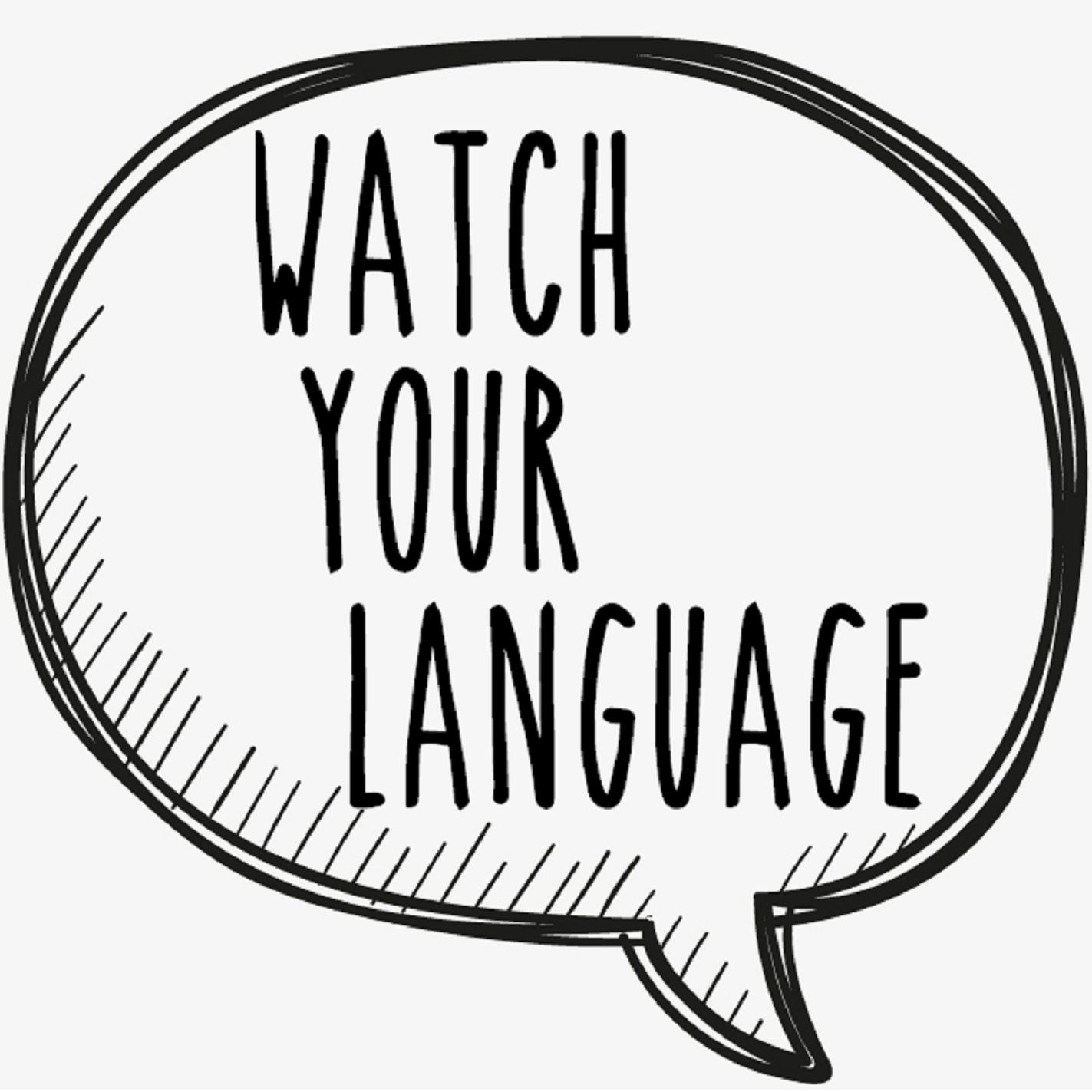Do you sell conversationally??? If so, WATCH YOUR LANGUAGE!!

One of the main premises of Conversational Selling Skills is that sales is a conversation, or series of conversations, leading to helping the other person choose to do business with you. If that’s the case, one of our goals should be to have better conversations. And one of the ways to have better conversations is to make better word choices.
The words we choose to use in our conversations with prospects make a difference. In fact, I believe that ONE WORD CAN BE THE DIFFERENCE BETWEEN CLOSING A DEAL OR NOT. What we say and how we say it matter. And there are some words that are best avoided, in order to not cause what Tommy Hopkins calls “red flags” for the prospect.
The words we choose to use in our conversations with prospects make a difference. In fact, I believe that ONE WORD CAN BE THE DIFFERENCE BETWEEN CLOSING A DEAL OR NOT. What we say and how we say it matter. And there are some words that are best avoided, in order to not cause what Tommy Hopkins calls “red flags” for the prospect.
For example, how many times have you heard that you shouldn’t sign anything without reading it carefully, and maybe showing it to a lawyer first? For that reason it’s better to replace the word “signature” with something else, like, “We just need your approval right here.” Or your okay, or your authorization, or your John Hancock.
Another example is the word “contract.” As in the example above, you’ve learned to not sign contracts without carefully reviewing them, but no one ever told you there could be an issue with “Taking care of the paperwork.” “I just need your approval on the paperwork” is far less threatening than “I need your signature on the agreement.” In many of my dealings I need my prospect to sign a contract, but I call it a Letter of Agreement. Asking for your prospect’s approval on the letter of agreement is less likely to cause hesitancy than asking someone to sign a contract.
“Price” is another word to avoid. Rather than saying, “The price is…” a better term is investment. “The investment is just ten thousand” sounds better than “The price is ten thousand.” Why? Because sales is mostly psychology, and we want to use words that help people see that working with us is smart. When I say the word “investment” to you, there’s a darn good chance you automatically think of the term “return on investment.” Price is money leaving you, an investment provides a return. And no matter how large the number is, I use the word “just” before it. “The investment is just seven hundred fifty thousand.” Notice I didn’t say seven hundred fifty thousand DOLLARS, because “dollars” is another red flag word. When you talk about dollars, the picture you paint in someone’s mind is green pieces of paper with pictures of dead presidents on them flying out of their wallet.
When I’m working with my coaching clients, I listen to EVERY word they say, and coach them on picking smarter/safer words. Making better word choices helps to make it easier for your prospect to choose to do business with you. Watch your language!
